Time
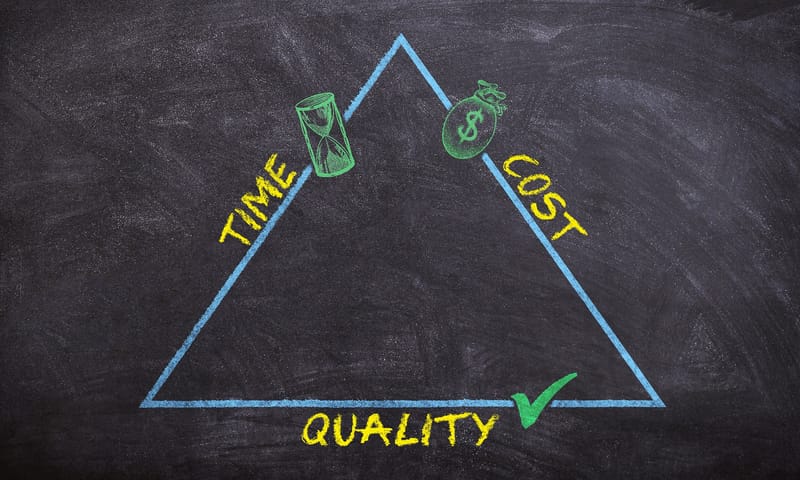
What does “Time” have to do with Organisation?
Time is constantly ticking whilst we are trying to get things done. It factors in everything we do such as day becoming night making it harder to see things and the simple fact that there are only so many hours in the day until the next day begins.

How do I Organise “Time”?
Time is valuable, it is one of the most powerful tools we have to accomplish things in our life. In order to organise your time efficiently you need to: understand What Wastes Time, Be Intentional, Schedule your Time and Make Distractions more Productive.
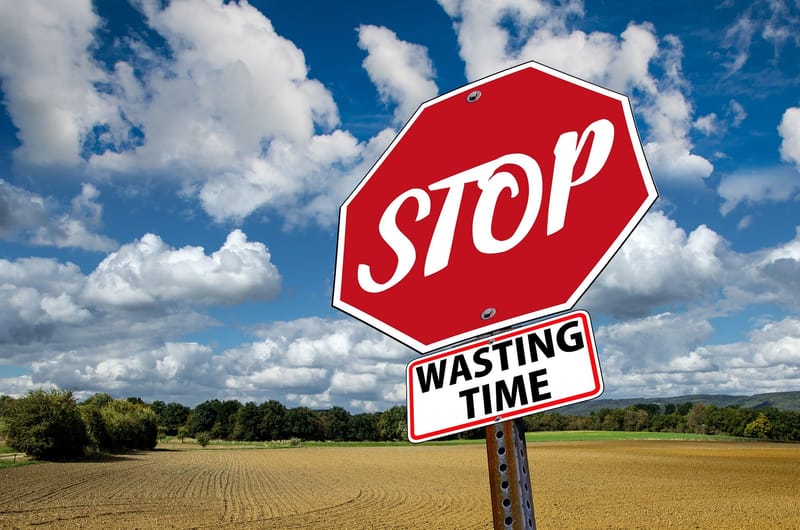
Why is “What Wastes Time” Important?
The first thing you need to do to manage your time is work out what is wasting it. If you know what is wasting your time then you can free up a lot of time very quickly. Down below, you can find typical examples of What Wastes Time, which is usually technology and alternatives you can use instead.
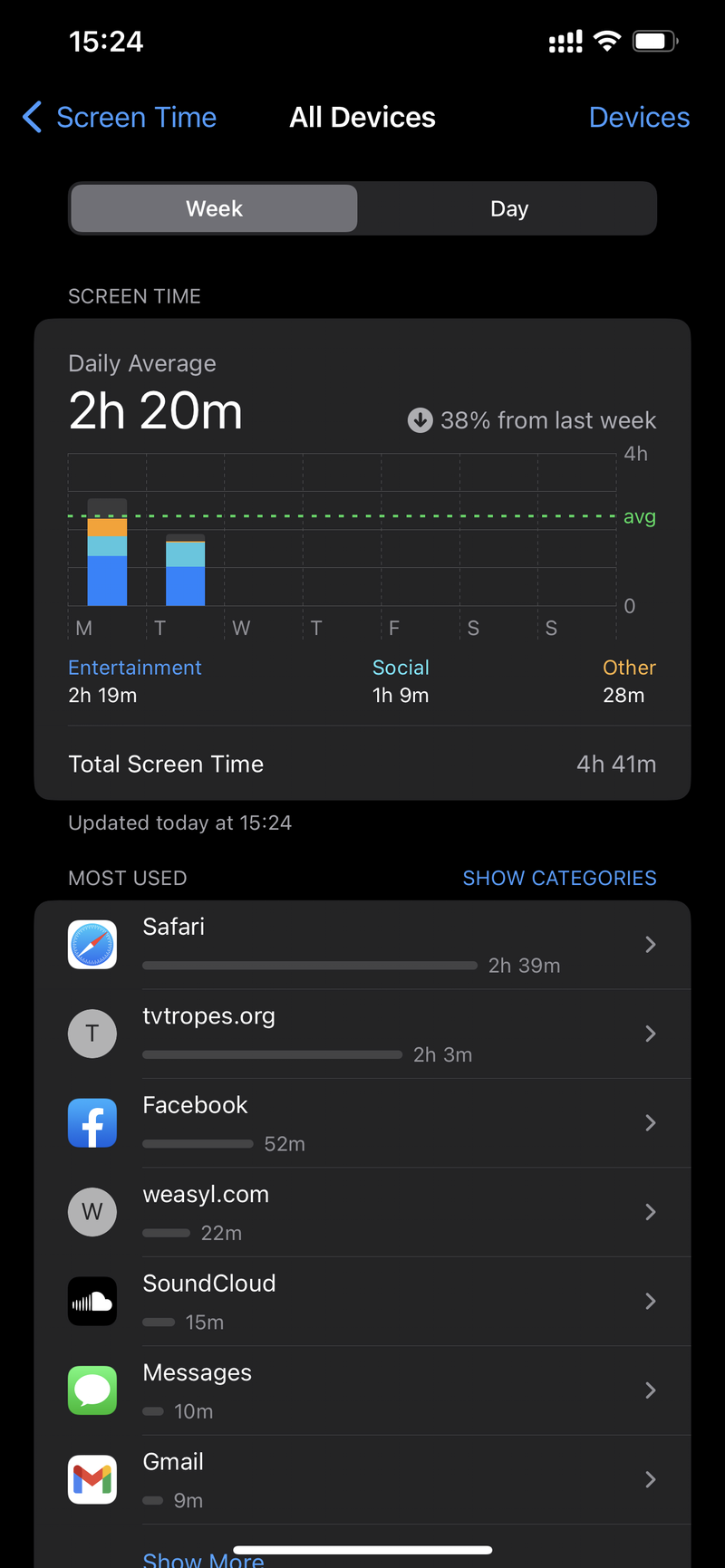
Use Screen Time
Every single tech device we own from smart phones to computers all have a Screen Time function. Screen Time is a way to measure how often we use our devices and what we use them for most such as the internet, social media or games. Now, that we know what we use the most, it’s time to look for better alternatives to these time wasters.

Social Media
It is said that “Social Media is junk food for the Brain.”. This means we lose hours from our day endlessly scrolling through posts, photos and videos. At the end of all that scrolling, what have you accomplished to become a better person? Nothing! We forget how powerful social media is: the deaf can have a voice, distant family members can keep in contact and businesses/charities can reach out to people who can benefit from their services. Use Social Media for WHAT YOU NEED not what you want.

Phones & Tablets
Nearly everyone today has access to a phone and tablets are very cheap to buy, in fact some are even made just for kids. The biggest problem with these devices is that when we are bored, they are easy to access, we can simply pull them out of our pockets or bags and get immediately stuck in checking messages, playing games or even taking selfies.
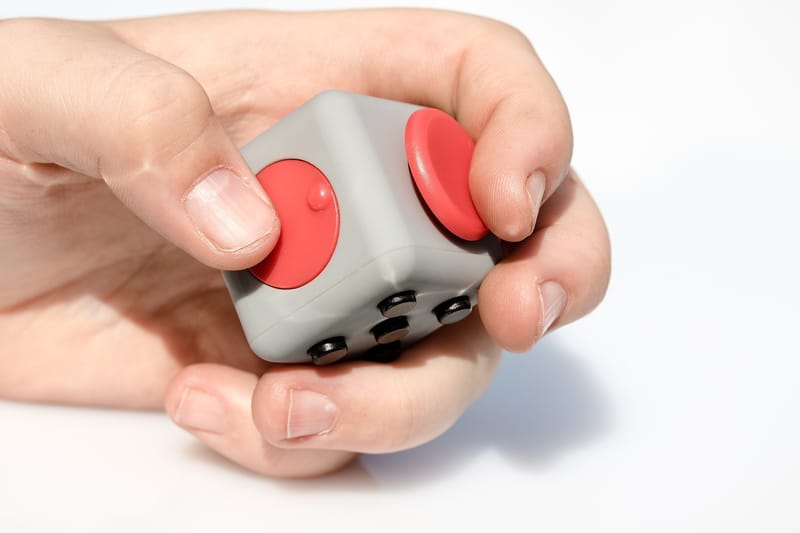
Alternatives to Phones & Tablets
As Boredom is making us use our phones & tablets, finding something else to do away from them is the answer. Try reading a book, getting a fidget cube or focus on what is around you, whatever focuses you. If you want to find out more about Focus using the link below to go to the Procrastination page and look for the Focus section.

Internet
The Internet is a limitless resource of information that can answer any of our questions instantly. The problem with this instant information is that it makes us lazy, for example: why do basic maths (addition or subtraction) when google can do it for you, why look through books for information when you can use wikipedia, why go out shopping when I can shop online.

Alternatives to the Internet
The Internet makes us lazy, acting as a replacement to our social lives instead of what it really is: a tool. The Internet is a tool made to help us, it’s even wrong sometimes but it can never replace human interaction. Also, college and university students need to show that they can use a variety of information sources such as books, journals, magazines or even microfilm so it will be a a good idea to get into the practice of getting information this way instead of relying on the internet.

YouTube
YouTube and Video Streaming Services give us limitless short videos to watch. The problem with short videos is that they wreck your attention span stopping you enjoying tv and film as they seem too long compared to watching something shorter as you accomplish watching it quicker. You’ll find yourself squeezing in more short videos over planning to watch a film or tv show.

Alternatives to YouTube
If you do find yourself tempted to watch short videos then block access to these services so you can’t be tempted by them any longer. Another way is to watch something that will teach you skills such as “Matt D’Avella” videos. Matt D’Avella makes videos that show you how to be more productive with your time and life. If you feel your are addicted to YouTube or short videos then check out the Addiction Strategies page by using the link below and look for the Electronic Addictions section.
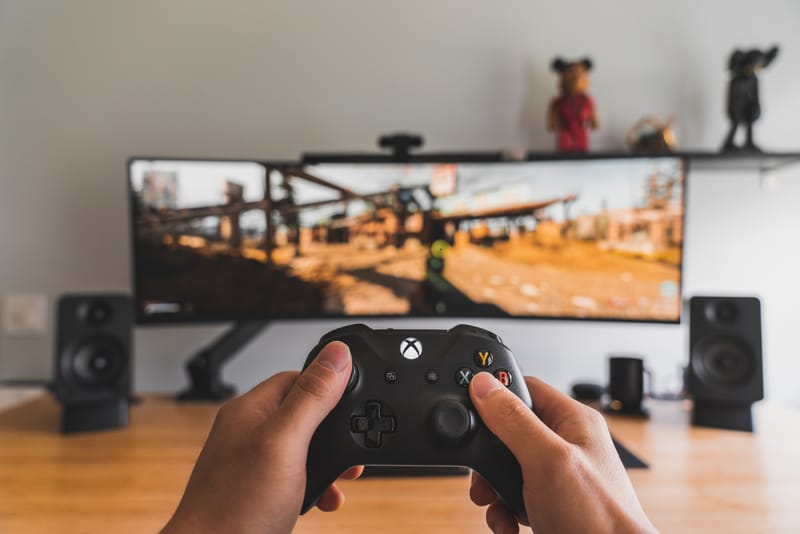
Video Games
Video Games are really fun to play most of the time but if you don’t check the time you spend playing or even refuse to stop playing when asked by someone, then this might not be good use of your time. There are especially 2 types of video game that will waste your time and should be avoided, these are described below.
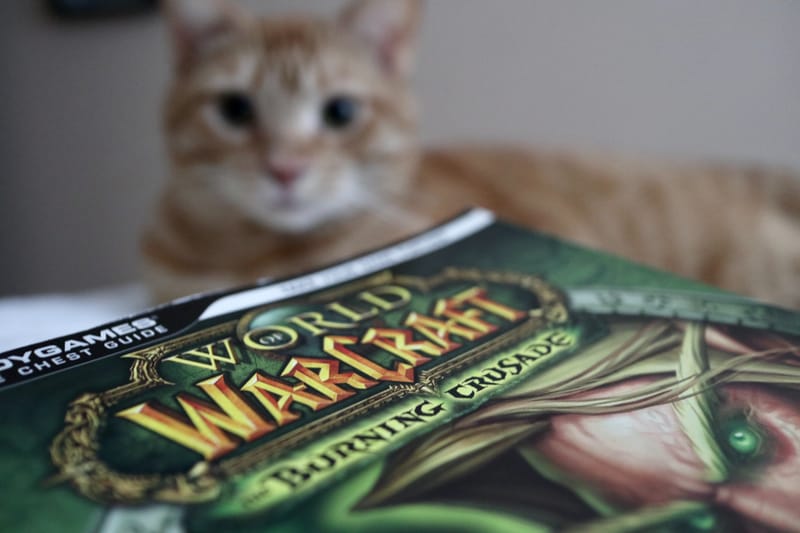
The 2 types of Video Game to Avoid
The 2 worst types of video game that will waste your time are ONLINE games and OPEN WORLD games. Online games are played in real time against real people so you can’t pause the game for a break without quitting the game which most people won’t do. Open World games are big and vast keeping you exploring more of this world not realising how much time has passed and the lack of any real life reward. If you can’t keep track of the time spent playing video games then avoid these 2 types at games at all costs.
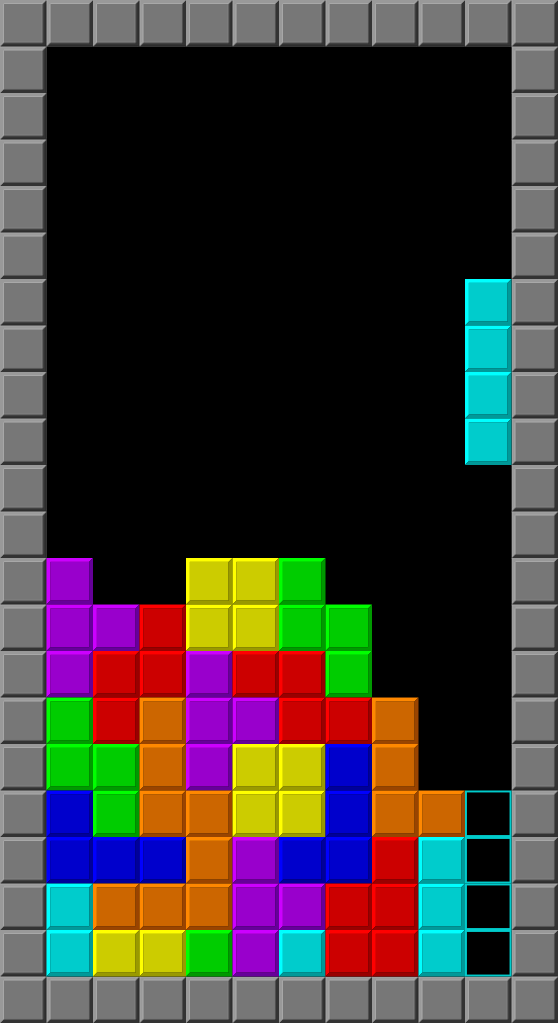
Alternatives to Video Games
Other than avoiding the 2 worst types of video games, you maybe better playing puzzle games such as Tetris or Solitaire which are not only fun but also good for your mind as they promote problem solving and decision making skills, most of all they don’t take too long to play and easy to jump straight into. Another alternative to video games is to find another hobby away from your console such as reading, art or sports (just to name a few).

How do you “Be Intentional”?
To “Be Intentional” means that you have to approach a task knowing why you are going to do it. If you don’t know why you are doing the task, then what is the point of doing it. This is how time is wasted. Down below a some things to consider when trying to “Be Intentional”.

What is motivating you to do it?
It is important to have the right motivation to do a task. You should be motivated to do something because you believe that it should be done, you feel passionate about doing it or because it is the right thing to do. These are great motivators for doing a task but you must also be careful of the bad motivators to do a task.

The worst motivators
The worst motivators for doing a task is because you think it’s cool or you feel desperate to get it done. If you do something because you think it’s cool, then people will think you are being arrogant and you will be overwhelmed by what is really needed to actually get it done. If you are desperate to get a task done, then you will rush the task doing it poorly and make bad decisions you will quickly regret.

Do you want to do it?
You should want to do the task as if you want to do it, you will put in more effort to do it right. If you are forced or are forcing yourself to do a task, then you will not do it at your best because you keep telling yourself that you don’t want to do it. If you don’t want to do it, then don’t do it unless there is something you can get from it.
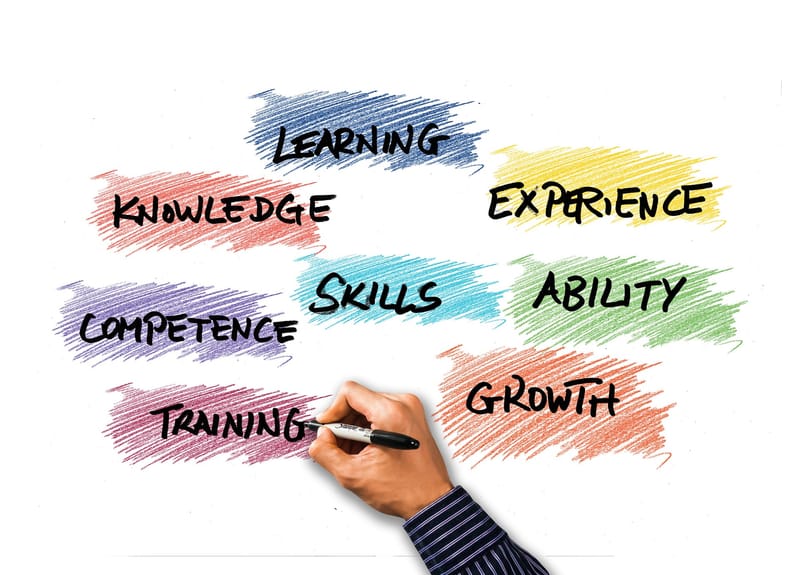
Are you capable of doing it?
Being capable of doing a task means: do you have the skills to do it, how confident are you in your skills? Think about what is expected of you (ask someone if you don’t know), are the expectations high or low? If you don’t know what these expectations mean, they are explained below.

High Expectations
High Expectations from a task means that it needs to be done to perfection, there may be huge consequences if it is not done right. If you are not confident in the skills you have to do this task to the high expectations, then don’t do it. There is no shame in saying no to a task with these expectations as it is better to focus on what you can do, not what you can’t.

Low Expectations
Low Expectations from a task means that there is room for you to make mistakes, especially if you have never done the task before. If you can afford to make mistakes then this is a good opportunity for you to learn a new skill or build the confidence in doing one you felt you were not good at in the past. Sometimes, the only way to learn things is through trial and error- making mistakes to make progress.

Does it help somebody?
Has someone asked for your help? If they have, then make sure it’s someone you know or trust. If you don’t know or trust them then don’t waste your time with them. If someone is asking for your help, they are asking because you have skills they don’t have, they lack the mobility to get around (can’t reach, walk or have access to a car) or they want to learn how to do something. These are good reasons to know that you are doing definitely helps somebody.
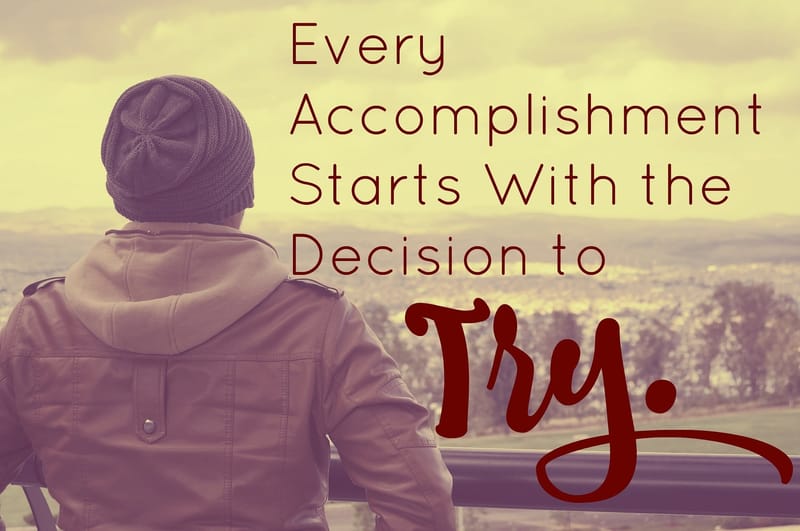
What do you get out of it?
If you are going to be intentional with your time, then you need to make sure you get something out of what you do. This could be the satisfaction of helping somebody, the achievement in doing the task or you may even get paid for it. There should be value in what you get out of a task. If you want to learn more about how to find a value from a task them use the link below to visit the Procrastination page and look for the Value Section.
Link Here
Starting and Ending your Day
The thing you can do to schedule your time is choose when you start and end your day. By this I mean you should wake up and go to sleep at the same time each day, for example I wake up at 7am and go to bed at 11pm everyday Monday to Friday, my work days. By doing this, I have more time in the day to get things done and enough time for sleep. I use the weekend to catch up on sleep as weekends are my off days. Remember, rise early on work days, sleep more on off days.
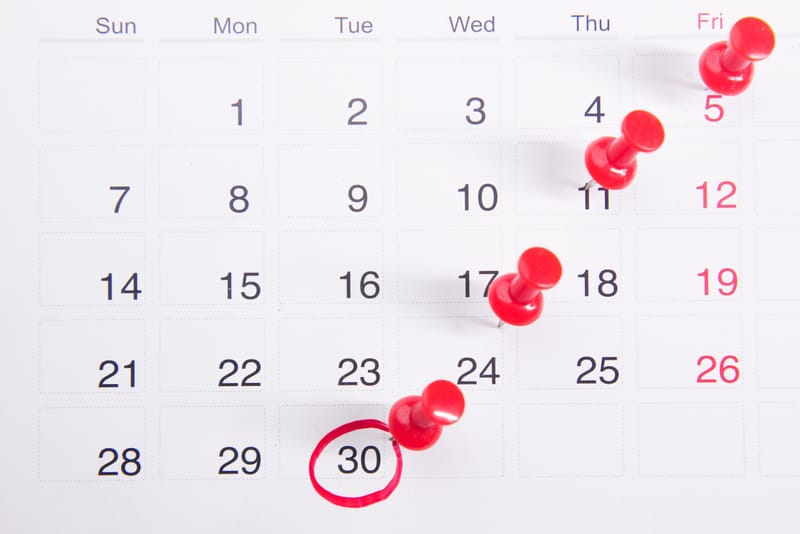
Use a Calendar
It can be very easy for you to lose track of your time, this is where calendars can help. Calendars help you keep track of the events in your life over the days or months to come arranged in a visual layout. Although phones have a calendar function, it is better to use a “physical” calendar as they are easier to look at and you don’t need to navigate apps, windows or menus to make use of them. Sometimes simple is best, as simple decreases the resistance to getting things done.

Do one task at at a time
When we have a lot of tasks to do, you may try to do it all at once. Working this way will split your focus between tasks leading to you getting frustrated at the loss of focus and poorly done tasks whilst also leaving you confused at which tasks you have and haven’t done. It is best then, to choose one task to focus on doing and making sure it is done before moving on to the next one. The task will now be done, be done well and you won’t have to worry about it anymore.

Prioritise
When we are faced with multiple tasks to do, we should consider which is the most important one to do first or prioritise. To prioritise, consider if a task has a set specific deadline or set date for when it needs to be done, if so then this should be done first. The other tasks should then be ordered based on how important they are to you and whether they will help other people.

Extra Time for Extra Time
Many people will tell you to give yourself enough time to get tasks done or to arrive somewhere on time but most people, especially autistic people tend to underestimate the time they need to do these things. This means if you think you need 5 minutes to get a task done give yourself 10 minutes, if you need 10 minutes give yourself 15 or 20 minutes. Extra Time for Extra Time gives you more room for error especially if the error comes from something beyond your control.

Prepare in Advance
If you have free time on your hands then use it wisely, you can Prepare in Advance for future tasks or problems. For example, you can prepare food in advance by cooking a huge pan of food, putting it in containers then either refrigerate or freeze it for a later date saving you from having to worry about what you will have for lunch or tea. Another example is that you can make space around your home or desk for new things to go there or make creative use of the space.

Start Today not Tomorrow
Don’t wait for today to become tomorrow to get things done when there is plenty of time to do it today. We spend more time making excuses for not doing things than using the time to actually do things, so stop making these excuses and look at what you can get done today.